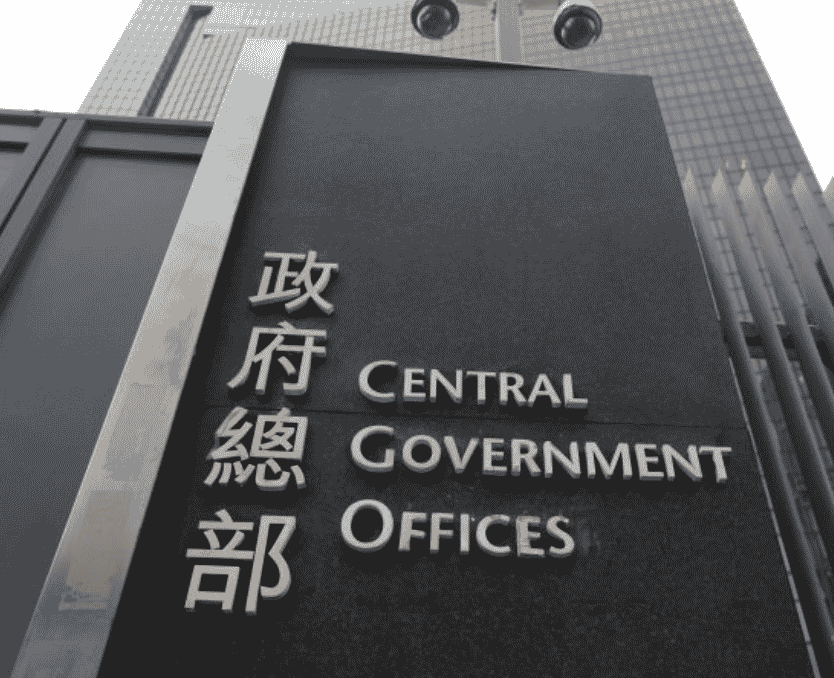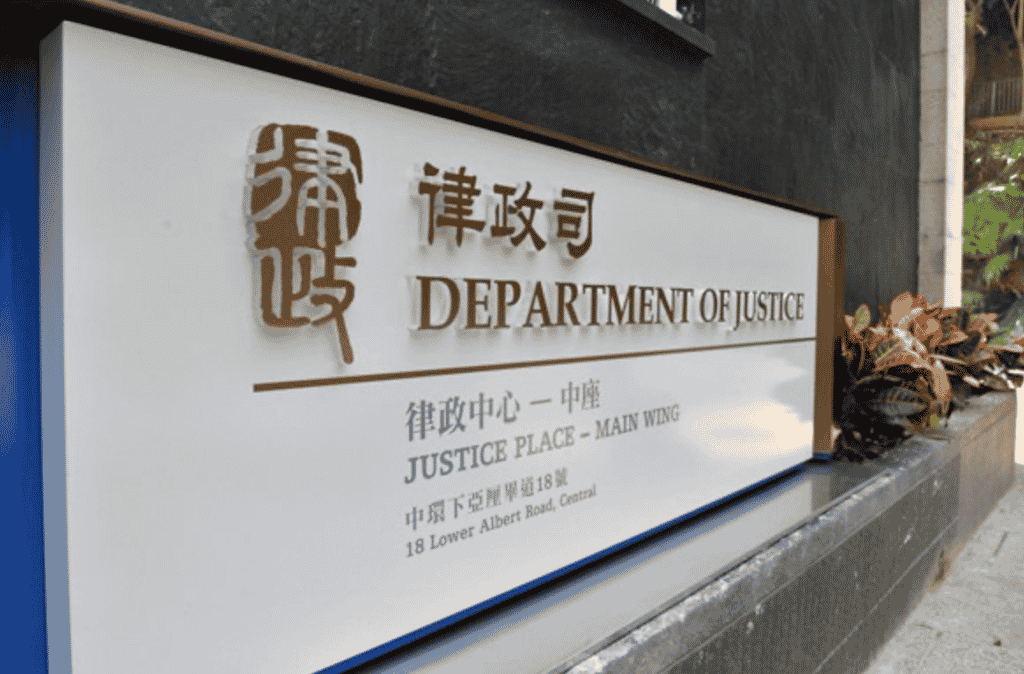"Governance and Political System" Thematic Research Series
Trust is the foundation for social harmony and civilizational progress, and is also an important element in promoting interaction among all stakeholders in society, including the establishment of relationships between the private sector and the government in the field of public governance. If the trust foundation between the two is solid, it will help maintain good governance; it will also be beneficial to people's livelihood and the long-term development of society.
However, looking around the world in recent years, public-private relations have been put to the test. In Hong Kong, survey data shows [1] that in the past few years, the number of citizens who expressed trust in the SAR government has only remained at around 20%. Although the situation has improved in recent months and increased to over 30%, it is still lower than the international average of 42% [2].
The active participation of young people can inject impetus into the sustainable development of society. However, in recent years, the relationship between many new generations and the government has been in a state of tension. In the past few years, the public has been dissatisfied and lacked trust in the SAR government, which has not only made governance difficult, but has also caused hidden worries for the overall development of Hong Kong in the long run.
Building trust does not happen overnight, and new challenges are constantly emerging. How to improve the trust relationship between the public and the public, especially the SAR government's countermeasures to win and consolidate public trust, is a topic worthy of discussion.
From the perspective of young people, this study understands their evaluations and opinions on the SAR government's efforts to build public trust. Through interviews with young people, experts and scholars, this study puts forward suggestions on feasible measures that are conducive to building mutual trust between the government and the people, hoping to provide valuable insights for the SAR government. Maintaining good governance brings inspiration.
This study collected information from October to November 2017 through several aspects, including on-site youth opinion surveys. A total of 525 young people aged 15-34 were interviewed and 20 participants Focus group youth interviews, and interviews with 5 experts and scholars.
Main results of the study
- Nearly 80% (79.1 %) of the young people surveyed agreed that the lack of mutual trust between the government and the people is one of the main reasons for the government's difficulties in governance. Another 35% (35.0 %) believe that the greatest significance of establishing mutual trust between the government and the people is to facilitate the implementation of policies.
- However, 70.8 %) of the young people surveyed believe that the SAR government does not trust young people; another 63% (63.4 %) also believe that they do not trust the SAR government; 33.3% (33.4 %) express trust.
- As for the impact of distrust of the government, among the more than 300 young people interviewed who expressed distrust of the SAR government, more of them would question government decisions (37.5 %), speak out through different channels (35.1 %), and plan Immigrate (31.6 %) or participate in protest activities (21.3 %). Among the more than 170 young people interviewed who expressed trust in the SAR government, more said they would stay in Hong Kong for development (46.3 %), support government decision-making (36.6 %) or participate in public consultations (31.4 %).
- In terms of trust in the SAR government’s capabilities, more young people surveyed expressed their greatest trust in the government’s ability to manage public finances (29.3 %); while the least trustworthy, more respondents said they trusted the government’s ability to grasp public opinion (31.4 %) and communicate with citizens (31.4 %). 28.2 %) capabilities.
- Regarding the various systems of the SAR government, the judicial system (38.5 %) is the most trusted by the respondents, followed by the audit system (19.6 %); while the electoral system is distrusted by the most people (43.6 %), followed by the public consultation system (21.9 %).
- Nearly 32% (31.8 %) of the young people surveyed regard "integrity" as the element that can best increase citizens' trust in the government. In terms of measures, more than 60% (63.6 %) of the respondents believe that the authorities should listen to public opinions in order to win the trust of the public; others also include introducing measures to benefit the people (31.8 %), promoting public participation (26.5 %) or improving the transparency of governance performance. (26.5 %) etc.
Research main recommendations
- Each policy bureau conducts annual governance performance reports to improve performance transparency and consolidate the SAR government's foundation for building public trust through performance.
- Review and strengthen the effectiveness of communication between the government and regions, more proactively develop regional civil affairs work and services, and bring the government and the people closer together.
- Strengthen the promotion of social value elements in governance, and use flexible and up-to-date methods to enhance public recognition of governance.
- Establish a one-stop public consultation website to facilitate citizens to express their opinions and enhance the transparency of public opinion processing.
- Effectively solve the difficulties faced by young people.



